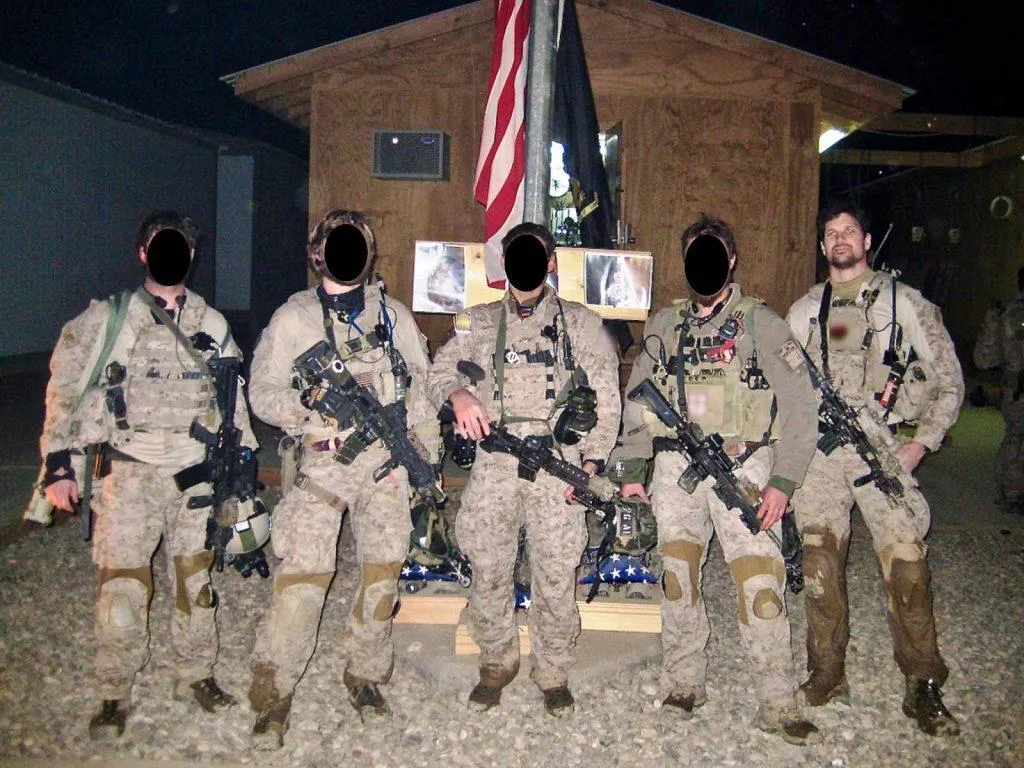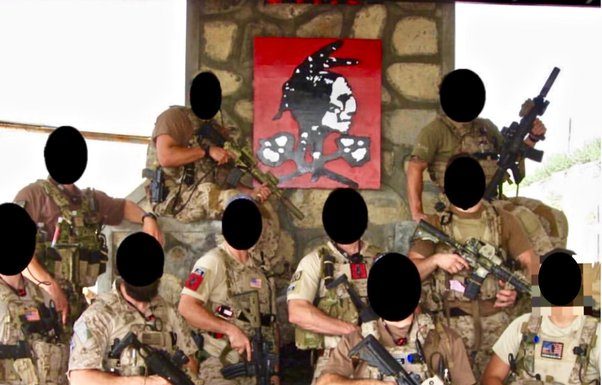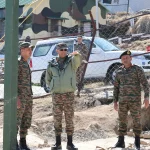Among the world’s elite special operations forces, SEAL Team Six, officially known as the United States Naval Special Warfare Development Group (DEVGRU), stands out as one of the most renowned and secretive units. Established in the aftermath of the failed Operation Eagle Claw in 1980, DEVGRU has evolved into a highly specialized and lethal force, conducting counter-terrorism, reconnaissance, and other classified missions. This article aims to shed light on the history, selection process, training, and operational capabilities of SEAL Team Six.
What is Seal Team Six aka DEVGRU
The Origins of SEAL Team Six: Following the lessons learned from the Iran hostage crisis, the U.S. military recognized the need for a dedicated counter-terrorism unit within the Navy SEALs. In 1980, the Navy established SEAL Team Six, also known as DEVGRU, under the command of Lieutenant Commander Richard Marcinko. Its primary purpose was to develop and execute highly sensitive and high-risk missions.
Selection and Training
The selection process for SEAL Team Six is extraordinarily rigorous. Candidates are typically drawn from the existing ranks of the Navy SEALs, who are already considered elite. Prospective operators undergo an intensive selection course known as Green Team. This physically and mentally demanding evaluation tests their endurance, resilience, problem-solving skills, and ability to operate effectively under high-stress conditions.
Successful candidates then proceed to the Operator Training Course (OTC), a nine-month training program that hones their skills in close-quarters combat, advanced marksmanship, explosive breaching, intelligence gathering, and other critical areas. OTC is designed to push operators to their limits and prepare them for the complex and dynamic challenges they will face in real-world operations.
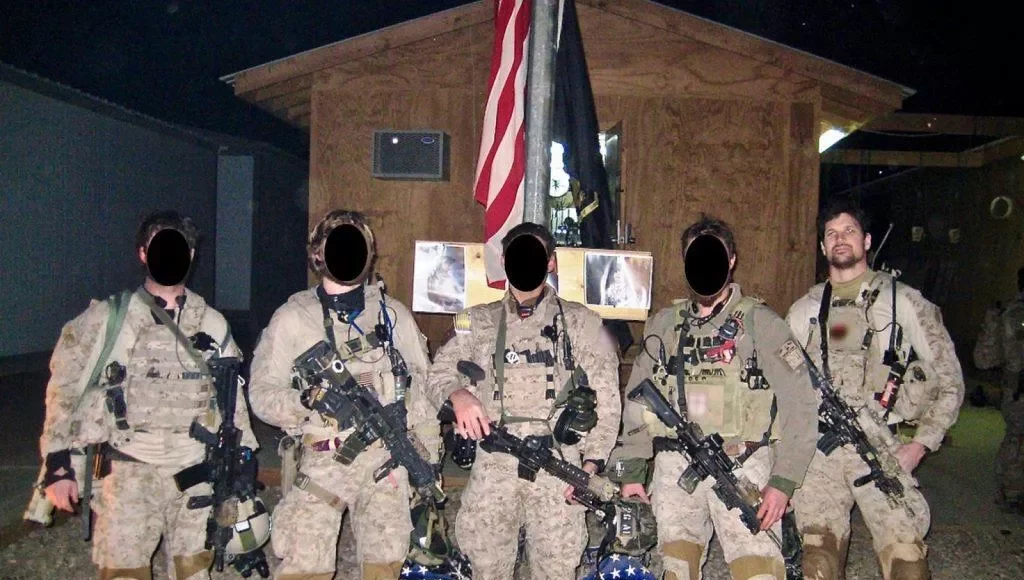
Operational Capabilities
SEAL Team Six specializes in counter-terrorism operations, including hostage rescue, direct action, and intelligence gathering. They have conducted numerous high-profile missions, such as the capture of Panama’s Manuel Noriega, the hunt for war criminals in the Balkans, and the takedown of Osama bin Laden in Operation Neptune Spear.
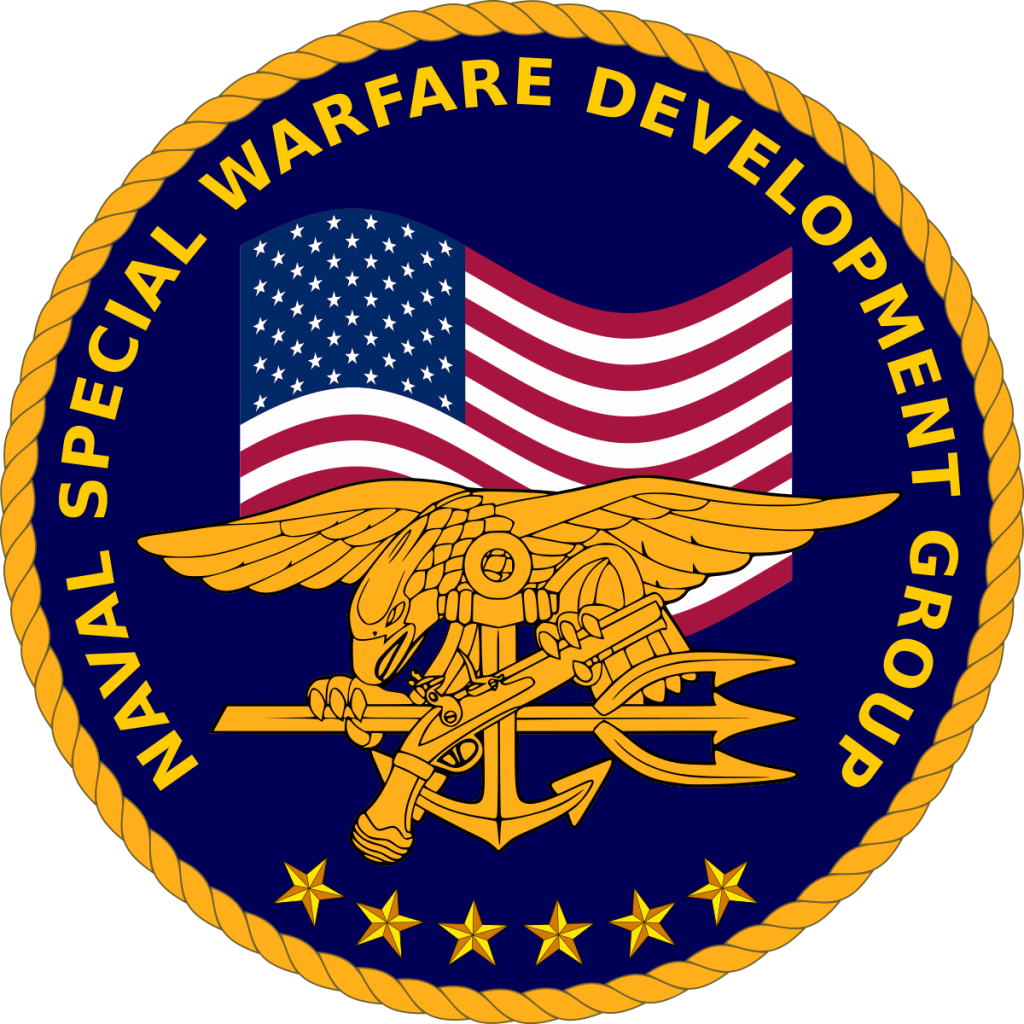
DEVGRU is known for its ability to operate in any environment, including land, sea, and air. They are proficient in conducting complex maritime operations, such as boarding ships, underwater demolitions, and amphibious assaults. They often work in close collaboration with other elite military units, such as the Delta Force, the Special Air Service (SAS), and the Central Intelligence Agency’s Special Activities Division (SAD).
Equipment and Technology
To execute their missions with precision and efficiency, SEAL Team Six utilizes state-of-the-art equipment and cutting-edge technology. They are equipped with a wide array of firearms, including assault rifles, sniper rifles, and pistols, as well as specialized tools for breaching doors and walls. They also employ advanced communication systems, night vision devices, and unmanned aerial vehicles (UAVs) for surveillance and reconnaissance.
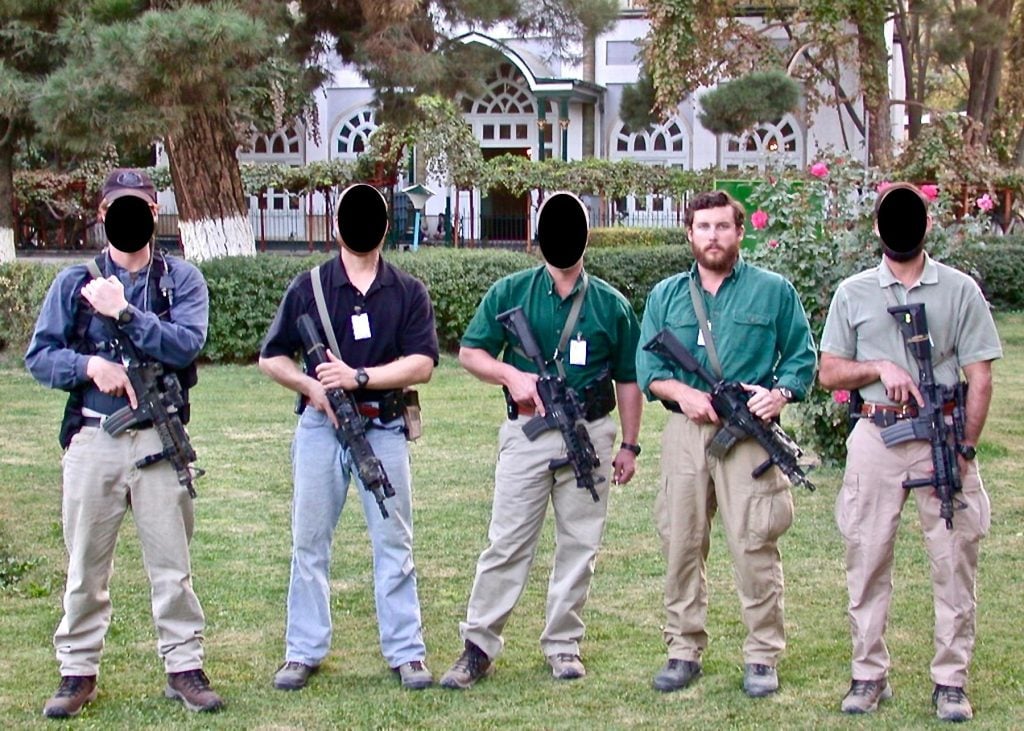
Secrecy and Media Coverage
One of the distinguishing features of SEAL Team Six is its exceptional level of secrecy. The unit operates covertly and maintains a low profile, with little information released to the public. The identities of its operators are carefully protected, and their faces are seldom shown in official photographs or videos. This secrecy is crucial to the unit’s effectiveness, allowing them to carry out sensitive operations without compromising national security.
SEAL Team Six, also known as DEVGRU, represents the pinnacle of elite military units. Their unparalleled selection process, rigorous training, and operational proficiency have solidified their reputation as the world’s foremost special operations force. With a history marked by successful high-risk operations, SEAL Team Six continues to play a vital role in protecting national security and combating global terrorism. As an elite force operating in the shadows, SEAL Team Six exemplifies the dedication, skill, and bravery of those who serve in the special operations community.

